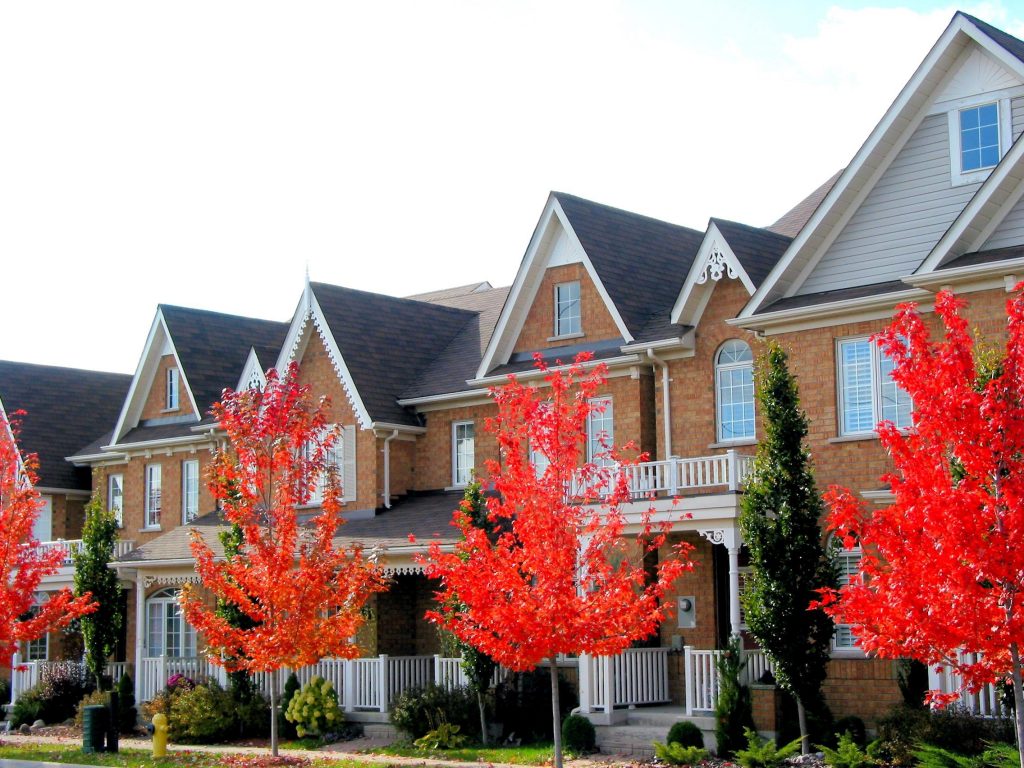There are two different types of home ownership – freehold and leasehold. Each of these is fundamentally different and it’s important to know which applies to a property you are thinking of buying or renting, as it may be costly and problematic further down the line if you make an uninformed choice.
What is freehold?
If you own the freehold of a property, you own the building itself, plus the land on which it stands, outright. You are named on the land registry as the freeholder, owning the ‘title absolute’.
Freehold ownership typically refers to houses rather than flats.
Some benefits of owning a freehold include:
● You are not liable to pay ground rent, which can be costly
● You may not have to pay service charges and maintenance fees , but do ensure you check to see if you are liable for these fees
● You are not reliant on a freeholder to maintain the building
● You choose how you maintain the exterior of the building
● You do not have to worry about the terms of a lease
When you own a freehold, you are responsible for the costs of maintaining the whole building which can be costly, so you will need to budget for this.
What is leasehold?
In contrast to a freehold, a leasehold means you lease – or rent – your property from a freeholder, often referred to as a landlord. You don’t own the land outright.
You have a contract with the freeholder, which specifies the legal rights and responsibilities of both parties.
Leases are usually around 90 – 120 years, but may be as short as 40 years, or as long as 999 years, although this is uncommon. Once the lease expires, the property reverts back to the freeholder, unless you extend the lease.
Find out more on leasehold property management.
When you hold a leasehold:
● The freeholder is normally responsible for maintaining communal parts of the building, such as the entrance hall and staircase, plus any exterior walls and the roof. This will be the responsibility of the leaseholder if they have claimed their ‘right to manage’
● You are liable to pay maintenance fees, their percentage of the buildings insurance and an annual service charge, which is usually payable to a separate management company
● You are also required to pay an annual ground rent to the freeholder
● The freeholder must grant permission to the leaseholder to carry out any major works on the property
● Leaseholders are often restricted from owning pets and subletting the property
● Should a leaseholder fail to adhere to the terms of their lease, the lease may become forfeit
Why is the length of my lease important?
The length of the lease remaining on a leasehold property when you are considering buying it is important for a number of reasons, primarily with regards to mortgage requirements.
If the lease has less than 70 years remaining, you may struggle to get a mortgage, as most lenders will require between 70 – 80 years remaining on a lease before they grant a mortgage.
As such, it can also be difficult to sell a property if the lease has less than 80 years remaining.
If, if time, you wish to sell a leasehold property you’re buying, think about how many years will be left on the lease by that time.
How do I extend the terms of my lease?
You can apply to extend the lease on a leasehold flat or house, but the terms and legalities vary.
With a leasehold flat:
● You normally have the right to extend your lease by 90 years on top of your unexpired term
● If you extend your lease, you won’t have to pay additional ground rent and you can negotiate new terms for the lease
● You only have the legal right to request to extend your lease if you have owned the property for more than 2 years and there is an unexpired term of at least 21 years on the lease
● The freeholder has the right to accept your offer, negotiate, or reject your offer. If they reject your offer, you can legally challenge them in court
● You will also have to pay a premium for extending the leasehold
● If you are considering buying a short leasehold property (generally with less than 80 years remaining), consider asking the leaseholder to extend the lease before you commit to buy it
With a leasehold house:
● You may have the right to extend your lease by a maximum of 50 years
● If so, you can renegotiate the terms of your lease
● As with a leasehold flat, you only have the legal right to do this if you have owned the property for more than 2 years and there is an unexpired term of at least 21 years on the lease
● Unlike flats, you don’t have to buy a lease extension for a house, but your ground rent is likely to increase
While the majority of houses are freehold, there is an increasing trend for building leasehold houses, often through shared ownership schemes. Ensure you are clear as to whether the property is a freehold or leasehold before you commit to a purchase or rental agreement.

